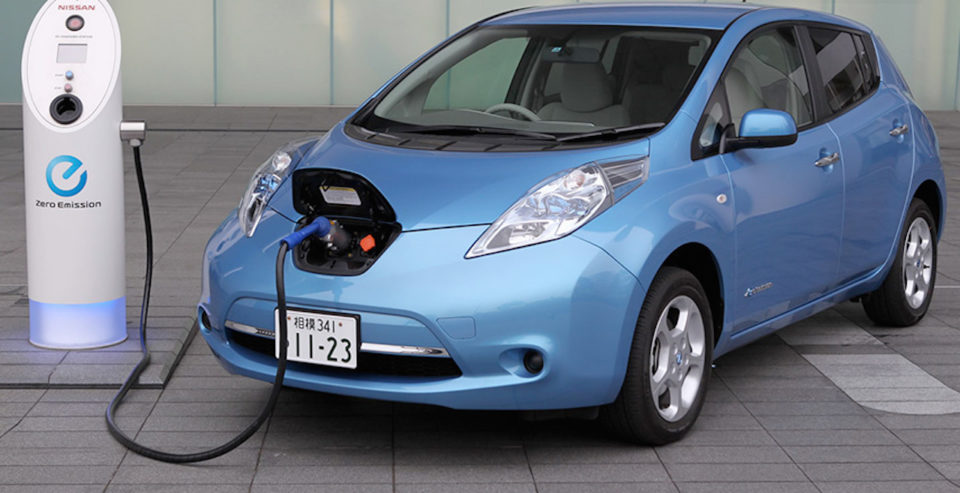
The Rising Number of Sales of Electric Vehicles to Become a Threat to Nigeria’s Crude
The rising number of countries gradually shifting from fossil fuels and encouraging the adoption of electric vehicles may pose a major threat to Nigeria’s crude oil exports.
Sales of electric cars topped 2.1 million globally in 2019, surpassing 2018 – already a record year – to boost the stock to 7.2 million electric cars, with China leading the charge, according to the International Energy Agency.
It said nine countries had more than 100,000 electric cars on the road while at least 20 countries reached market shares above one per cent.
“In 2019, electric vehicles in operation globally avoided the consumption of almost 0.6 million barrels of oil products per day,” the IEA said.
The demand for crude oil is expected to continue to decline following the surging sales in electric vehicles in Asia and Europe.
Carmakers have sold more than 500,000 battery electric cars in Europe during 2020, compared to only 354,000 sold during the whole of last year across the region, a UK newspaper, The Guardian, reported earlier this month.
Europe is the biggest regional export market for Nigeria’s crude oil, followed by Asia.
An energy expert, Mr Bala Zakka, told our correspondent on Monday that the shift towards the use of electric vehicles and renewable energy would impact Nigeria’s oil export revenues.
He said, “It was a wrong thing for us, first of all, to export raw material. Organised nations convert their raw material into finished goods. Why can’t we convert our hydrocarbon endowment and start producing petrochemicals?”
An economic expert, Prof Obadan Mike, said weak demand had continued to affect the market for crude oil adversely, adding that oil had continued to be characterised by low prices.
“The implications of weak recovery for global demand for crude oil, upon which Nigeria depends for its fiscal and foreign exchange sustenance, are very grave,” he said at the last Monetary Policy Committee meeting, according to a new document released by the Central Bank of Nigeria.
He added that continuing weak oil market compounds the challenges in Nigeria’s fiscal operations and is not helpful to the country’s external sector and macroeconomic stability objectives’.
The United Kingdom had said last month that it would stop selling new diesel and petrol cars and vans from 2030.
The Prime Minister, Boris Johnson, said in February that he was bringing forward a ban on the sale of new petrol and diesel cars from 2040 to 2035.
Other countries including France and Norway have also announced plans to ban new internal combustion engines over varying timeframes.
.

